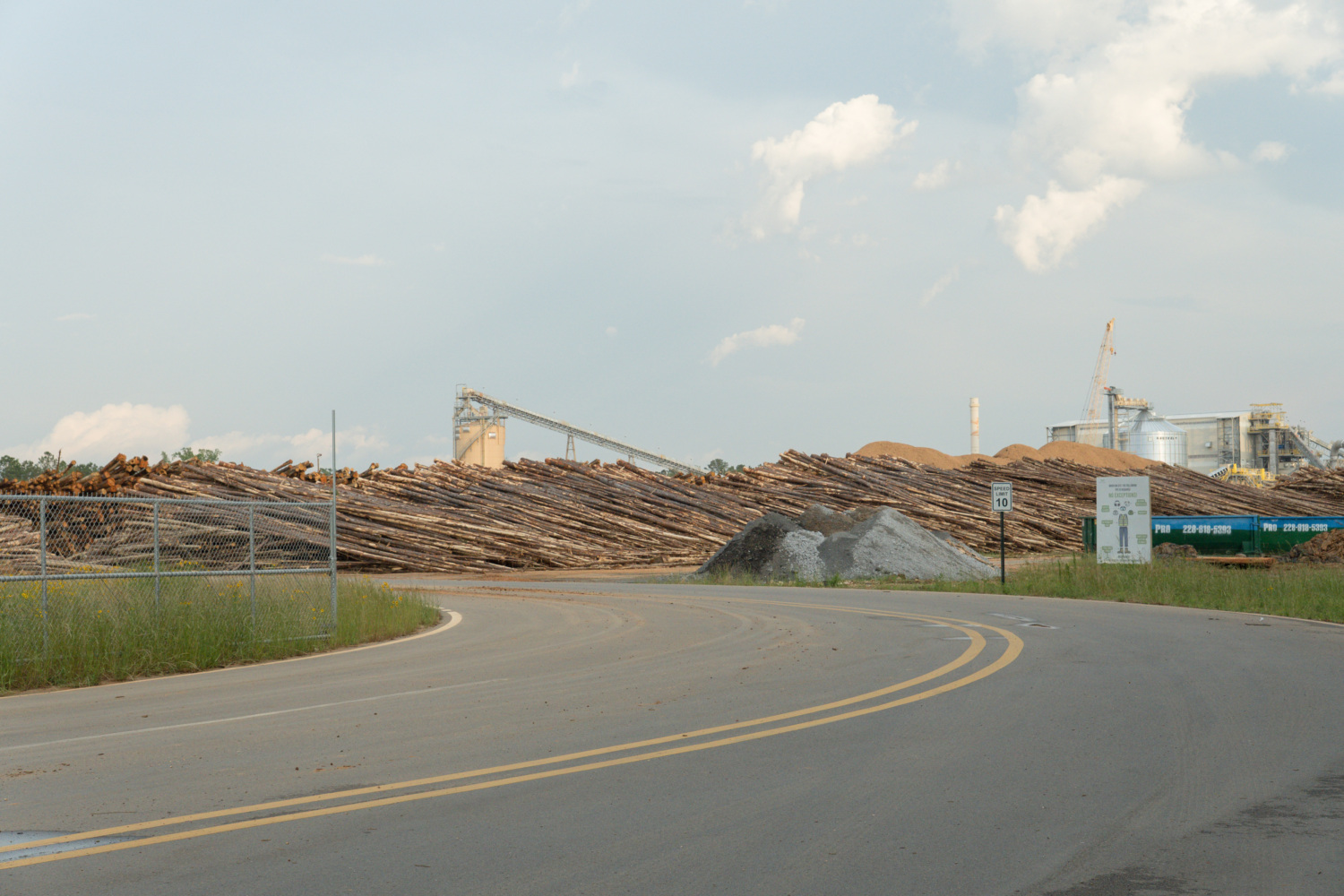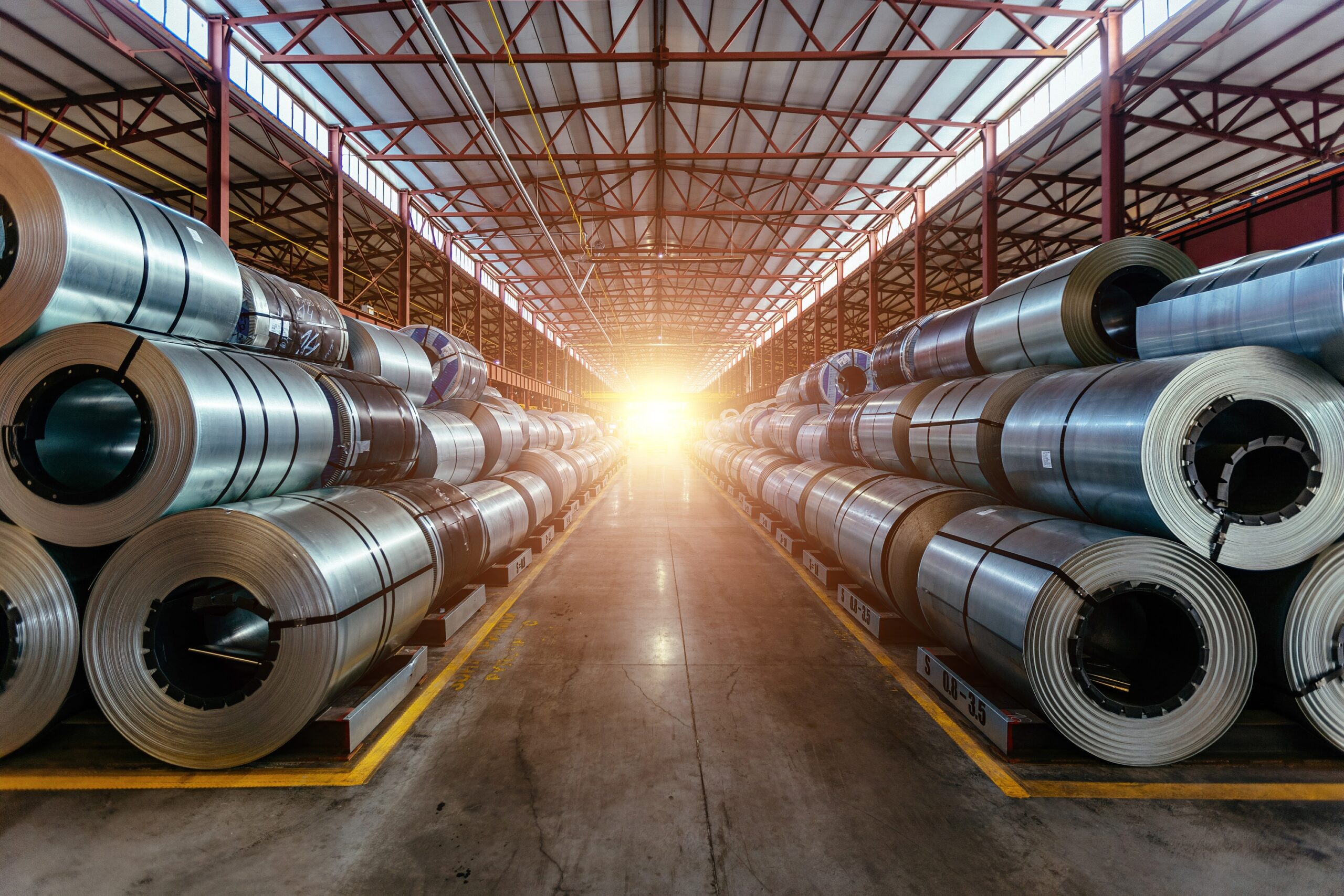
Germany Calls for EU Regulations to Address Deforestation and Child Labour in Cocoa Industry
In groundbreaking news for the chocolate industry, Germany has called for European-wide “binding regulations” to address deforestation and child labour in the cocoa industry. With this new action, Germany joins Belgium and France, which have issued similar appeals in recent months, in the campaign for truly sustainable chocolate.
Agriculture Minister Julia Klöckner and Development Minister Gerd Mueller launched Germany’s new national 10-point Action Plan for cocoa on 23 January 2019, setting out how their government will address rampant deforestation and child labour in the cocoa sector. A petition asking Ms. Klöckner to stop child labor and deforestation in the cocoa industry was unveiled in December 2018. With more than 108,000 signatures, the petition was the latest of numerous recent grassroots initiatives pressing for change in the chocolate industry, in Germany and beyond.
EU regulation of the cocoa sector could be the key to protecting human rights, since voluntary initiatives have thus far failed to reform the industry. An EU cocoa law could also become part of an ambitious EU action plan to end large-scale deforestation for other imported commodities such as coffee, rubber, palm oil, and soy.
Germany’s new call echoes statements from the French and Belgian governments at the end of 2018, where both governments requested “rapid adoption” of an EU due diligence regulation to tackle child labour and deforestation in the cocoa sector. Chocolate companies expressed similar views, concluding at the April 2018 World Cocoa Conference in Berlin that their voluntary commitments to end child labour and deforestation had “not led to sufficient impact”, and that there was a need to look at “potential regulatory measures by governments.” At a European Commission event in Brussels on 24 January 2019, Mondelez (the world’s second-largest chocolate company) expressed their “strong support” for “harmonized EU legislation to create a level playing field” in the cocoa sector. Other chocolate industry representatives also have asked for EU regulation in cocoa, so that more responsible corporations aren’t undercut by unscrupulous companies.
Germany’s new 10-point Action Plan comes just as the European Commission launches its open consultation (to close 25 February 2019) on “Stepping up EU Action on deforestation and forest degradation”, which sets out how the EU will address deforestation resulting from its consumption of cocoa, amongst other things. The EU is the world’s largest importer, manufacturer, and consumer of cocoa, responsible for over 60 percent of global cocoa bean imports.
Besides endorsing EU binding regulations in the new plan, Germany expressed support for joint action; increased imports of certified cocoa to Germany; standards-setting for sustainable cocoa; awareness-raising for German consumers of cocoa; living income for cocoa farmers; political dialogue with producer countries; strengthening of farmer groups; agroforestry; a stronger role for women in cocoa; forest conservation in general and the Cocoa and Forest Initiative in particular.
Julia Christian, forests campaigner at the NGO Fern, explained: “Germany is the EU’s largest chocolate consumer. Its pro-regulation stance puts even more pressure on the European Commission to end the EU’s complicity in the human suffering and environmental destruction caused by the cocoa industry.” She added, “Germany, France and Belgium have now joined major chocolate companies in calling for legally-binding measures, after almost two decades of failed voluntary action in the cocoa sector.
“Now that Germany, France, and Belgium have stepped up to the plate, what are the Dutch waiting for?” said Etelle Higonnet, Senior Campaign Director for Mighty Earth. “The Netherlands is the top global cocoa importer. We expect them to do the right thing, demand an EU law to stop widespread environmental destruction, and save the 2.1 million children slaving away in the cocoa sector today.”
Photo by GISCO originally posted on World Cocoa Foundation.org


